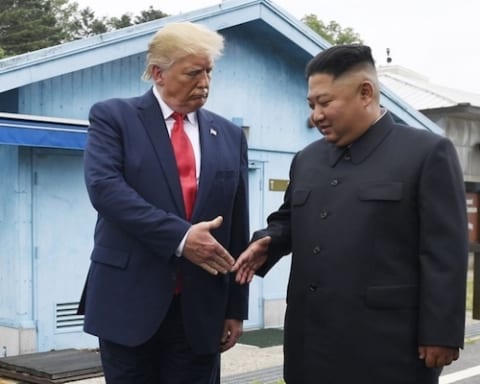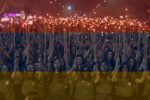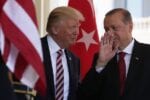A significant religious minority in Turkey, the Alevis, have become increasingly subject to President Erdogan’s populist ire, as they find themselves on a collision course with the Islamification and ‘Turkification’ of Turkey.
When I visited Antalya, Turkey, in the late 1990s, I was surprised by the amount of Syrian Arabic I heard on the streets. Antalya, the eighth-most populous city in Turkey, was suffused with a cascade of Syrian tourists at the time, coming across the border to enjoy the beautiful countryside of the Orontes River and Nur mountains. As I sat in the shade, looking at the young Syrian Arabs enjoying themselves on their first vacation abroad, I began to reminisce about one of my earliest trips to the area.
It was the late 1960s, and I had just entered Anatolia, Southeast Turkey, by way of Syria, driving an old jeepster loaned to me by the U.S. military mission in Turkey. At the time I was studying at the American University of Beirut as a military Foreign Area Specialist (today generally referred to as a Foreign Area Officer). As such, whenever I was not studying, the U.S. Government furnished me with enough funds to travel and see as much of the Arab world as possible.
While traveling through Turkey, I went through several villages that appeared to host a people mismatched with the villages around them. Many of the women did not wear a Muslim headdress. Many wore Western clothing. Later, when visiting the American general consul, I asked about them. I could not recall the name of the village, but I explained, “these people, they appear a bit different.” “Indeed,” the consul responded. “They are Alevis, hated by the Sunnis.”
I suppose one could say that Alevis are sort of like the Buddhists of the Muslim community, a peaceful, but second class, minority. I had never heard of this group of people before, the Alevis, but I made a mental note to learn as much as I could about them. Since that day, this somewhat esoteric topic has been a keen interest of mine, one that has led me to worry on their behalf. Their present-day situation appears grim; the Alevis have found themselves at odds with Turkish President Recep Tayyip Erdogan.
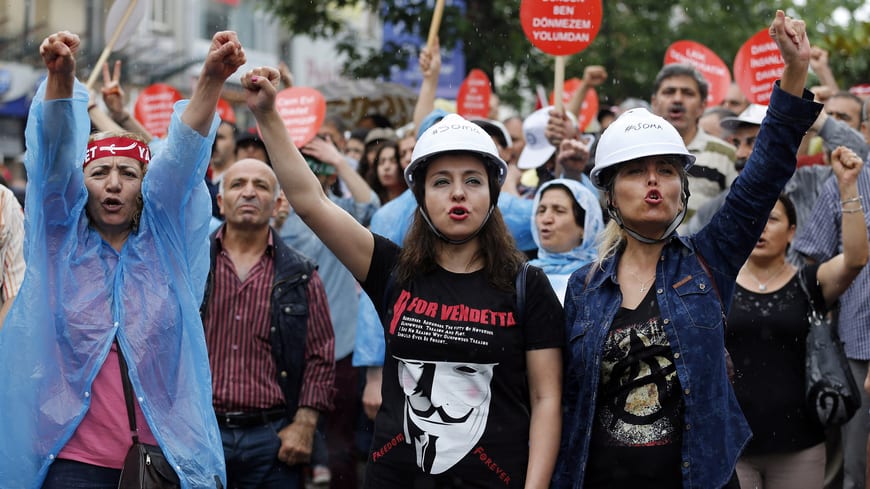
Along with this, President Erdogan brings unremitting attacks on Israel, and he continuously espouses a flavour of Islamism that appeals to his backers in the conservative Sunni Arab communities across the Middle East, while ever maneuvering towards a central role of leadership in the region.
Amid this nationalistic and religious frenzy, there is a group of people that I feel represent the very antithesis of where Turkey appears to be heading. Indeed, it would be difficult to describe a people and their religion as any more antithetical to Erdogan’s brand of institutionalized Islam, than the seemingly peaceful and gentle faith of the Alevis.
Consisting primarily of ethnic Turks and Kurds, the Alevi make up 11-12% of the nation’s population. This makes Alevis the largest religion, after Sunni Islam, in Turkey.
Thus, the Alevis represent a growing threat to the pretensions of President Erdogan.
There is little doubt that the way in which Erdogan is configuring his regional power, he has aroused the envy and hostility of the Egyptian-Saudi-led bloc of Arab states. Erdogan appeals to their traditional power base – more conservative Sunni-communities – while the quickly expanding Shi’a population of Iraq, and its leadership, also finds Erdogan’s bellicosity concerning.
A key unspoken promise to his more nationalistic voter base is a restoration of the Ottoman Empire.
Undoubtedly, there is some justification for his ambitions, especially given Turkey’s natural resources, strategic location, effective army, and well-earned reputation as a people with a historically strong martial nature. In addition, as other observers have noted, the Central Asian peoples are generally Sunni Muslim, and various dialects of the Turkish language are spoken all the way to the Chinese border giving Turkey a special place in that region as well. President Erdogan can entertain thoughts of resurrecting not only a neo-Ottoman Empire that would hold sway over all the Arab Sunnis, but one that would wield a strong influence over the Central Asian nations as well.
The Erdogan message, to achieve inroads into both Arab and Turkic worlds, can best be encapsulated as a doctrine of Sunni Islamification and Turkification.
The problem is, these doctrines are not directly achievable. For many years Turkey has been described as a secular democracy. However, like many Middle Eastern nations, it presents the trappings of a democracy but not the spirit.
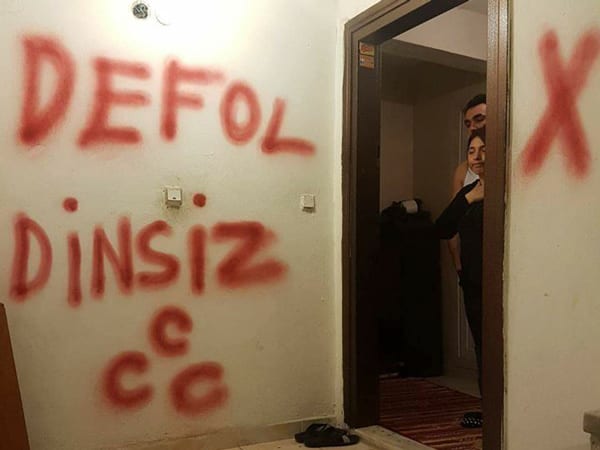
The war against the Turkish Kurds, who refuse Turkification and assimilation into the Turkish population, and the refusal of the non-Sunni Alevis and Alawis to convert to Turkish Sunnism, are both major obstacles to constructing the face Turkey wishes to present to the world. Despite years of war, temporary truces, and a military program of wreaking havoc upon Kurdish villages, the Kurdish problem remains as volatile as ever.
Turkey’s problem with the Kurds is not one that can be easily contained and isolated in the far-flung mountainous regions either. It has quickly spread across Turkey, and the international community is growing increasingly aware of the situation. This is largely thanks to the U.S.-allied militia groups, which constitute a majority of Syrian and Turkish Kurds fighting against Islamists.
Erdogan is doubling down.
His demand that all the peoples of Turkey identify themselves as Turks first has driven the Kurds into a deeply seated militant stance, spawning more virulent forms of Kurdish aspirations, as represented by the Kurdistan Workers’ Party or PKK.
The “Islamic” part of Erdogan’s basic program has been widely rejected by religious and ethnic minorities living within the Turkish borders. This includes the seldom spoken of Alevis. While the Alevis pose no direct military or tactical threat to Erdogan’s rule (many Alevi communities even abjure hunting and fishing, both national pastimes in the machismo culture of Turkey), these communities pose a threat to Erdogan’s ambitions, including his drive to create a monolithic national culture. This has led to a political counterinsurgency by these disaffected communities.
Alevis – Alawis : Easily Confused, Never The Same
The Alevis must not be confused with the Alawis of Turkey. The two sects, while similar in name, are distinct.
The Alawis of Turkey live generally in the old Hatay province, a province handed over to the Turks by the French colonial masters of Syria prior to World War II. It was part of a vain effort to induce the Turks to join the anti-Nazi bloc. Alawis are an Arab people living primarily along the Mediterranean coast of Syria. Despising the Alawi minority has a long history among some of Syria’s Sunni majority. Indeed a critical aspect of the murderous unrest in Syria since the 1980s has been the attempts of Sunni conservatives to overthrow the Alawi dominated Assad regime. Although some Syrian Alawi affirm that they are Muslims, they resist, by any means, the Turkification and Sunnification of their communities in Turkey.
The Alawis and Alevis have some similarities derived from certain aspects of Shi’ism. Both the Alawi and Alevi are syncretic religions that incorporate the doctrines and religious rites of Christianity, Islam and Zoroastrianism. The monotheistic faith of Zoroastrianism was the state religion of the pre-Islamic Persian empires until the 6th century CE, and it is one of the world’s oldest still-active religions, even thriving in the Kurdish enclaves of Turkey and Iraq.
Regardless, the Alawis and Alevis are dissimilar in fundamental respects.
Compared to these somewhat well-defined religions, the Alevis are very difficult to define. Some assert that the Alevis are, fundamentally, Muslims, who have rejected the primary five pillars of Islam, while others insist that they are anything but Muslim. Most of the Kurdish Alevis deny they are Muslim at all.
In addition, the commonly associated practices of Sunni Muslims are not largely adhered to by the Alevis, such as going on the Hajj to Mecca or fasting during Ramadan. As a group they venerate Imam Husayn ibn Ali Hussein (commonly referred to as Imam Hussein), the grandson of the Prophet Muhammad, and they do not generally accept the Qu’ran as the final word. As they commonly assert, “we follow many paths.”
The Alevis do not utilise mosques, as the Muslims do, as their houses of worship. Instead, they use “a house of gathering”, called a Cemevi. The Turkish government generally describes these locations as social and cultural centers rather than places of worship, and as such, the government does not grant them the same privileges as Islamic centers of worship.
In fact, the general attitude of the Turkish government toward the Alevis is to view them as more of a cult than an organized religion, or to pretend they do not exist. As Stephen Kinser wrote in his book Crescent and Star: Turkey Between Two Worlds:
“As part of their blind refusal to recognize that their country is made up of communities of coherent identities, the Turkish leaders have for decades to deny the Alevi reality. This has pushed the Alevi steadily away from the political mainstream and toward leftist movements. It has also led the Sunnis to attack them, sometimes with terrible violence.”
[W]e do not believe we are going to paradise after we die. For us, paradise is the life we are living now. For us, Heaven and Hell are here on Earth.
-Hayir Dede, Alevi religious leader
The Alevi Issue
The basic issue is that the Alevis tend to subscribe to secular principles and align themselves with anti-Islamist attitudes and the political movements thereof. This puts them on a collision course with President Erdogan’s concept of Turkey.
The Erdogan policy of extreme measures to create a monolithic Turkish population has resulted in the Alevis solidifying and moving from a state of a cultural entity to one of religious and ethnic identity. The Turkish measures to filtrate the “Aleviness” out are eerily similar to that which the Turkish state has foisted upon the Kurdish minorities inside Turkey. These measures include forcing the study of Islamist doctrine into the educational systems, religious inhibitions, legal inequities, and the exclusion from government employment. These oppressive regime measures reinforce the existing social discrimination that has been unsuccessful, and mostly counter-productive. Instead, they have sharpened the Alawi sense of ethnic identity.
Unlike the Kurds, the Alevis have not resorted to violent organized resistance, lacking mountains in which to seek refuge. The Alevi communities are scattered throughout Central and Southern Turkey, and are mostly surrounded by Anatolian Turks, who traditionally despise their Alevi neighbors.
The Sunni Turks have often equated the Alevis with sexual license, citing their more liberal attitude toward women’s dress and mixed dancing. Erdogan manipulates this Sunni enmity to increase pressure on the Alevis to conform to the Islamization process. One aspect of this has been the refusal of Islamized security forces to protect the Alevis when under attack by Sunni mobs.
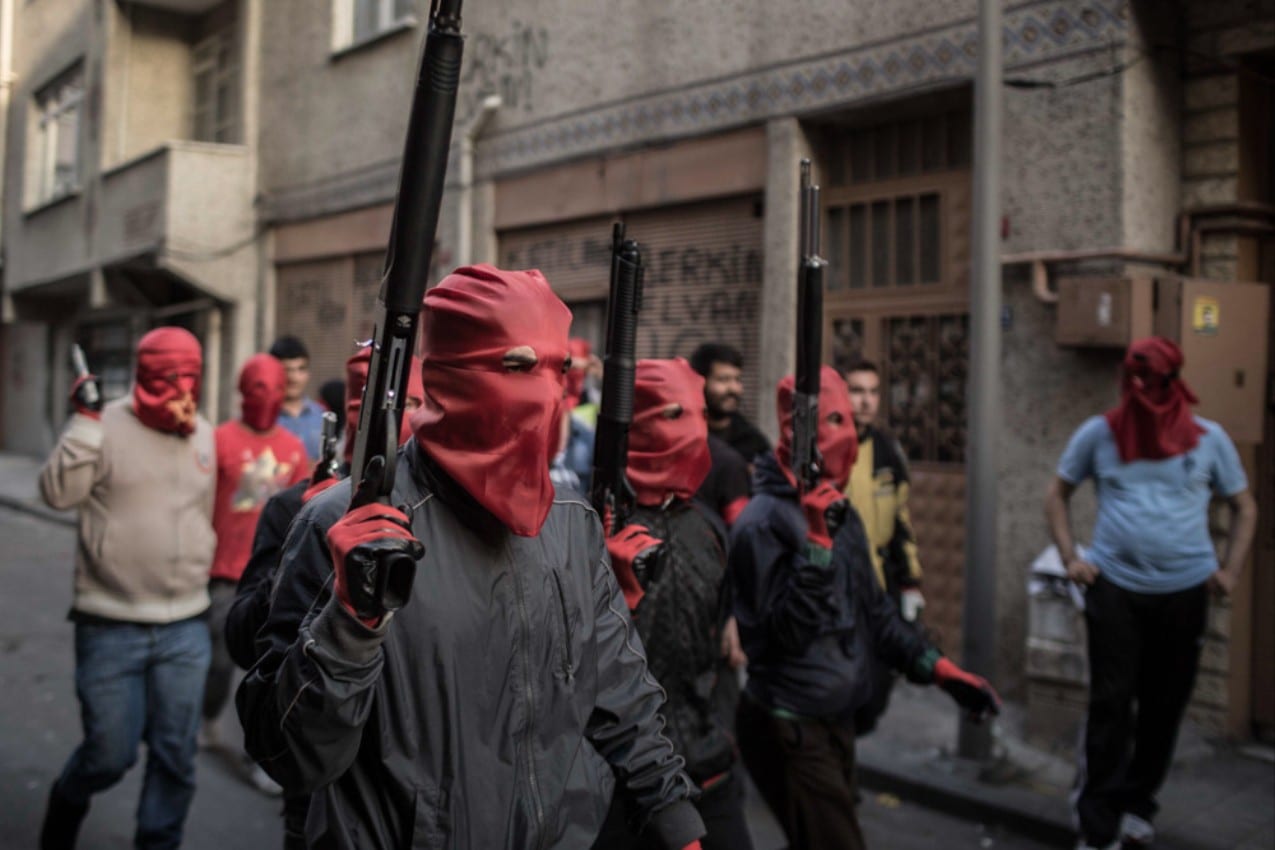
This stands in contrast with how the Turkish security apparatus was able to efficiently strike against the Gülen movement and its organising leadership in 2012.
The Gülen movement is largely inspired by the religious teachings of Fethullah Gülen, and is a transnational Islamic social movement which professes to support universal access to education, civil society, and peace. Gülen himself has, since 1999, lived in self-imposed exile in the United States. This, after Gülen had a falling out with his previous political ally, then political outcast and Muslim Brotherhood affiliate— Recep Tayyip Erdogan.
It is the Gülen social movement that the Turkish government accuses of having orchestrated the attempted coup d’etat on July 15th, 2016 against the Erdogan government. The attempted coup was carried out by a faction within the armed forces and security apparatus, apparently aimed at restoring a more secular government, under military protectorship. On the cusp of rebel success, Erdogan supporters poured into the streets, intimidating the soldiers involved, and the leaders of the coup lost heart. In the aftermath, thousands of military personnel and police were jailed and many government officials, intellectuals, educators and members of the judicial branch accused of being members of the Gülen movement lost their jobs or worse.
The purge of suspected sympathizers of the Gülen movement continues, which has the appearance of simply being a convenient way to eliminate opponents of the Erdogan regime.
Thus, Erdogan faces two primary hurdles to his policies internally. The Kurds continue to resist his Turkification, and the Alevis increasingly resist his Islamization.
It is true, of course, that neither the Turkish Kurds, nor the Alevi, can expect any international support. The European nations are all too happy to keep trade with Turkey open while keeping the Turks out. The unspoken reason for the inability of Turkey to gain acceptance into the European Union is the reluctance of some EU states to contend with the free movement of Muslim Turks across their borders.
Yet, Turkey’s treatment of minorities such as the Alevis and Kurds also remains an issue, which the European states use as a reason to keep Turkey out of the European Union.
The historical record of Turkey’s treatment of minorities is a sad and tragic one. Following World War I, hundreds of thousands of ethnic Greeks were expelled from their towns and cities along the Aegean where they had lived since the time of Homer. At the same time, Armenians, residents of Turkey before the Turks arrived from Central Asia, were driven, in the most horrendous manner, from their ancestral home in Eastern Turkey. Armenians identify this as the Armenian genocide.
It was not a centrally directed genocide as was Hitler’s, but perhaps that is more egregious. It might be even more horrific, in that it was a reflection of the hatred of the Sunni Muslim Turk population toward minority Christians. The long history of Turkish animosity toward their non-Islamic or non-Turkish minorities absolves Erdogan from inventing the current tenuous environment for Turkish minorities. He has simply harnessed the deep-seated animus toward minorities, which he has deftly manipulated for his own political reasons.
Skin Deep Changes
From my own observations in my travels, and discussions with academics and officials in Turkey, Kemal Ataturk’s “secularization” of Turkey was mostly superficial among the elite and cosmopolitan peoples along the Aegean coast. It did not penetrate into the hinterlands of Anatolia. The Islamization crusade of Erdogan has resonated among the deeply conservative Sunni Muslim peoples of inner Turkey and did not constitute a spectacular shift in attitude.
Even under the secularization reforms of Ataturk, there was never a separation of Church and state, and the state maintains a very lucrative and coercive ministry which dispenses state funds to over 70,000 Sunni mosques, excluding non-Sunni houses of worship, such as the Alevi Cemevi. Through these mosques, and salaries paid to the Imams that preach within, the Turkish government manages a network of state propaganda and reinforces the Islamization and Turkification program of Erdogan.
At present Turkey holds a strong hand with an apparently strong economy, the most effective military in the Middle East, and strong leadership. Politically it has mended fences with Russia and now has a working relationship with its historical rival, Iran. Taking all the apparent factors into consideration, Turkey seems to be in a strong position to exercise leadership over the entire Middle East. Many would also say that Turkey is intent on realizing a long-held desire to control northern Syria and put the pro-PKK Syrian Kurds under Turkish control.
The fly in the ointment of all these aspirations remains the unsettled disposition of the Kurdish desire for independence, or at least autonomy, and the coalescing identity of a large Alevi minority that rejects Erdogan’s drive to Islamify Turkey.
It is ironic and baffling that President Erdogan would choose to make enemies of a community that basically just wants to be left alone to practice their non-violent and apolitical faith, as typified in this popular belief among Alevis:
Our ka’aba is the human being.
If you kill a person, you destroy a temple of God.
Where you will find God is in the human heart.
We have no holy book – we follow nature.
The trees, the animals, the water, even the rocks have souls.
Nature is holy – nature is holy!
Unfortunately, throughout much of the Middle East, Islam has evolved into a political ideology which often has no tolerance for “others”. In the fashion of extreme ideologies everywhere, this tends to fissure and breed extremists, such as the Islamic State. As the literal versions of Sharia law are increasingly imposed on people, a coalition of minorities, traditionally keeping a distance from one another, is forced together.
In Turkey, a nascent bond of mutual sympathy for the Kurdish PKK, among Alevis and Arab Alevis, has arisen. As President Erdogan heats the pressure cooker seeking to meld some 47 ethnic groups into a Turkish and Sunni Islamic oneness, the evidence so far suggests the opposite effect is likely.
The collision course of militant Islamism to pacific Alevism is amply illuminated by Hayir Dede, a highly-regarded Alevi religious leader, who explains, ”we do not believe we are going to paradise after we die. For us, paradise is the life we are living now. For us, Heaven and Hell are here on Earth.”
Colonel (Ret.) Norvell DeAtkine, Lima Charlie News
U.S. Army Colonel (Ret.) Norvell DeAtkine spent nearly nine years of his 30-year military career in the Middle East as a military attache, student or political military officer. After retirement he taught for 18 years as the Middle East seminar director at the John F. Kennedy Special Warfare Center and School. Following his retirement from the JFK Center, Colonel DeAtkine held positions with the Defense Intelligence Agency, Iraqi Intelligence Cell and Marine Corps Cultural and Language Center. He has written a number of articles for various periodicals on primarily Middle Eastern military topics.
Lima Charlie World provides global news, featuring insight & analysis by military veterans, intelligence professionals and foreign policy experts Worldwide.
For up-to-date news, please follow us on twitter at @LimaCharlieNews
In case you missed it:

![Image The Alevis Dilemma [Lima Charlie News]](https://limacharlienews.com/wp-content/uploads/2019/04/Alevis-Erdogan.png)

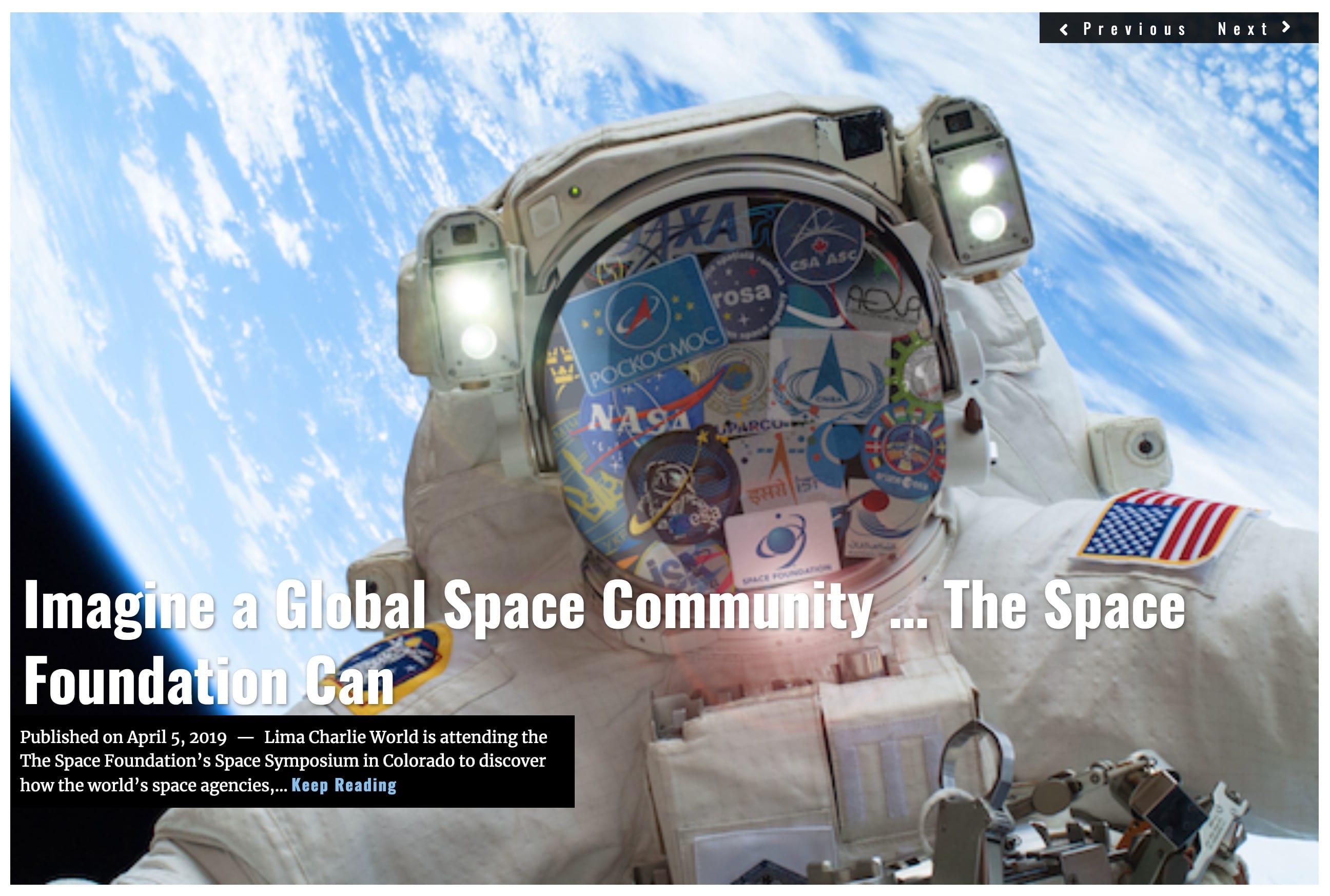
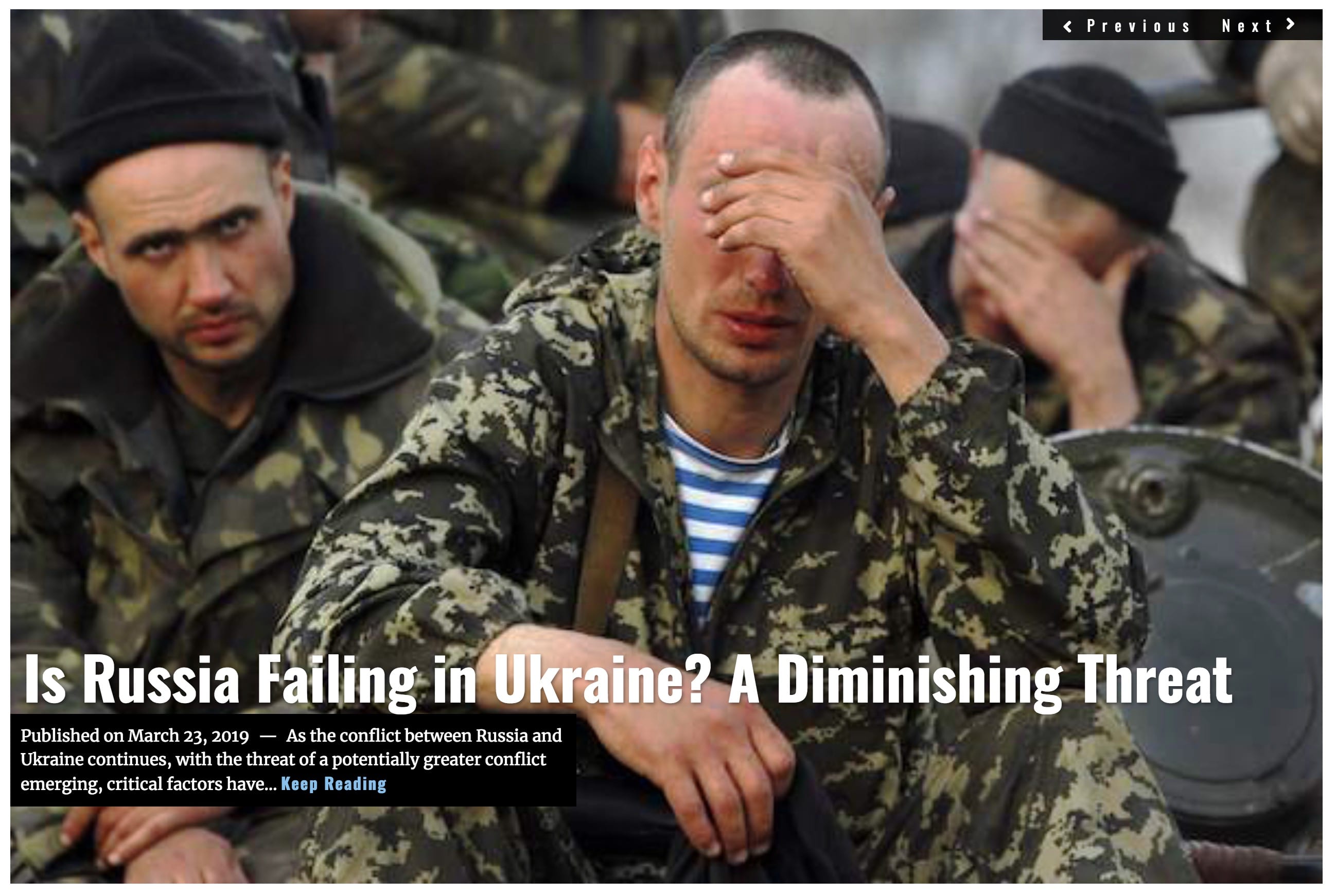
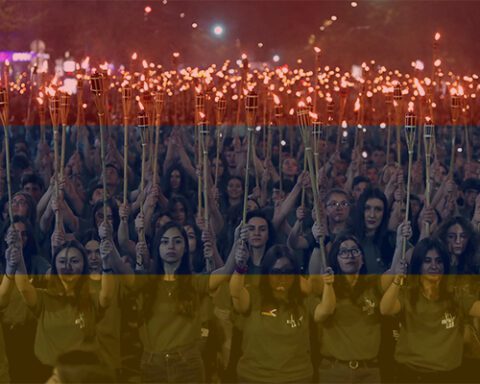

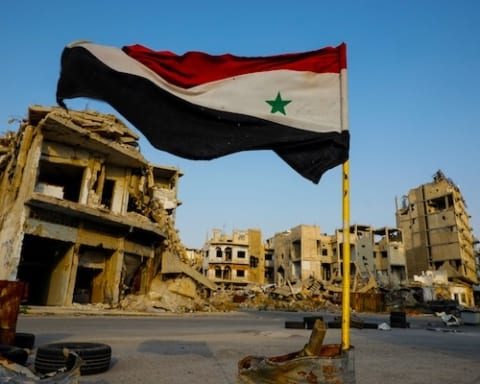


![Blossoming Russo-Turkish alliance leaves U.S., NATO behind [Lima Charlie News]](https://limacharlienews.com/wp-content/uploads/2019/07/Russia-Turkey-alliance-leaves-U.S.-NATO-behind-480x384.png)

